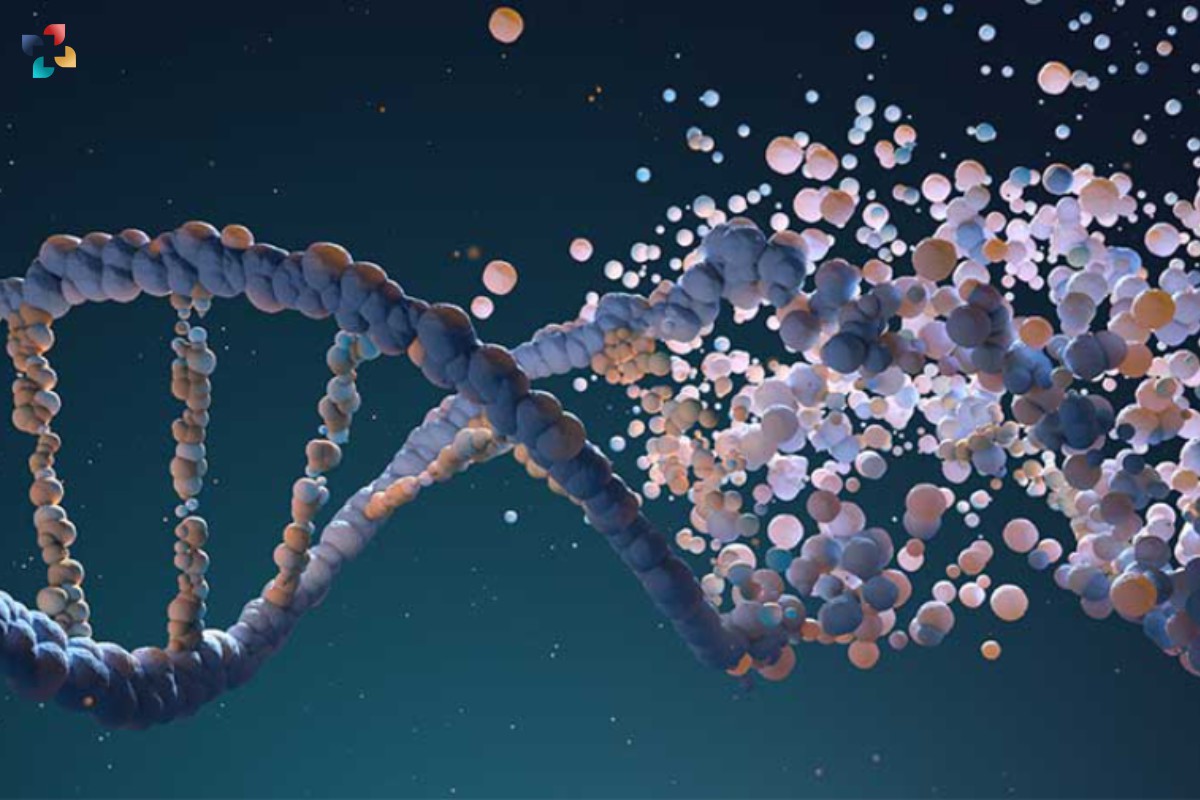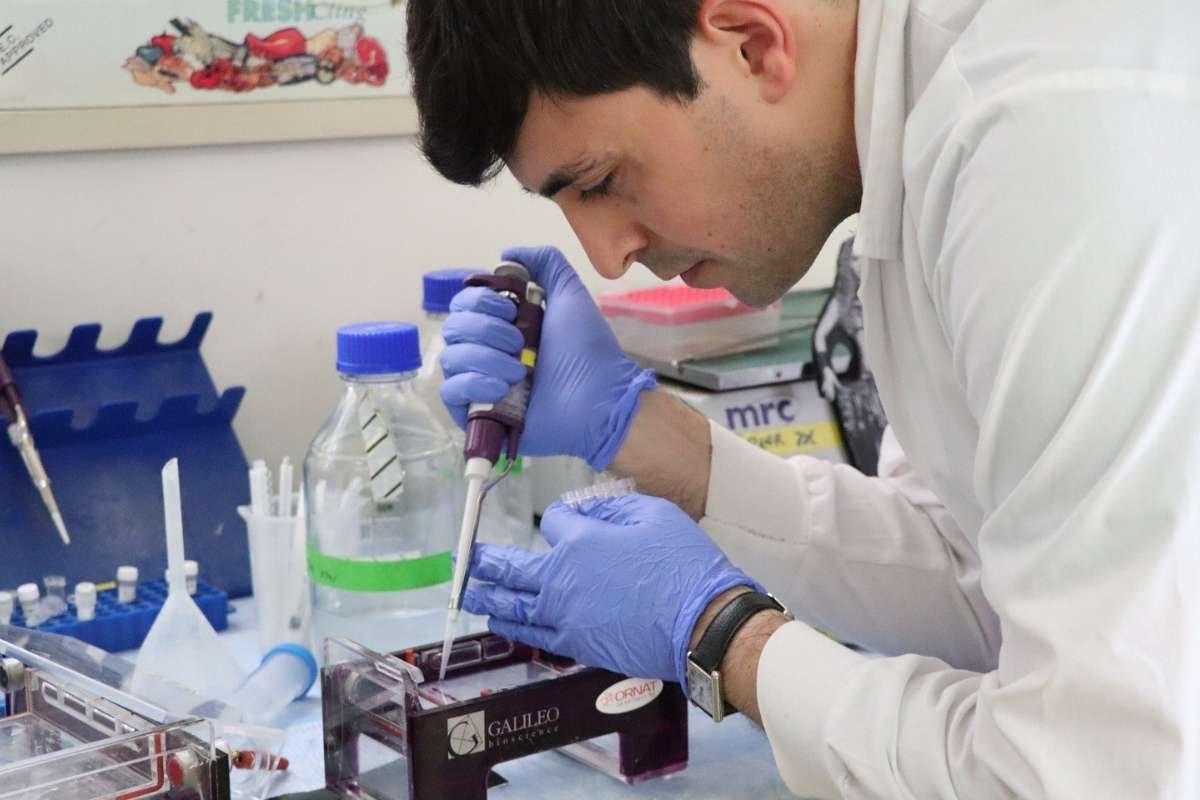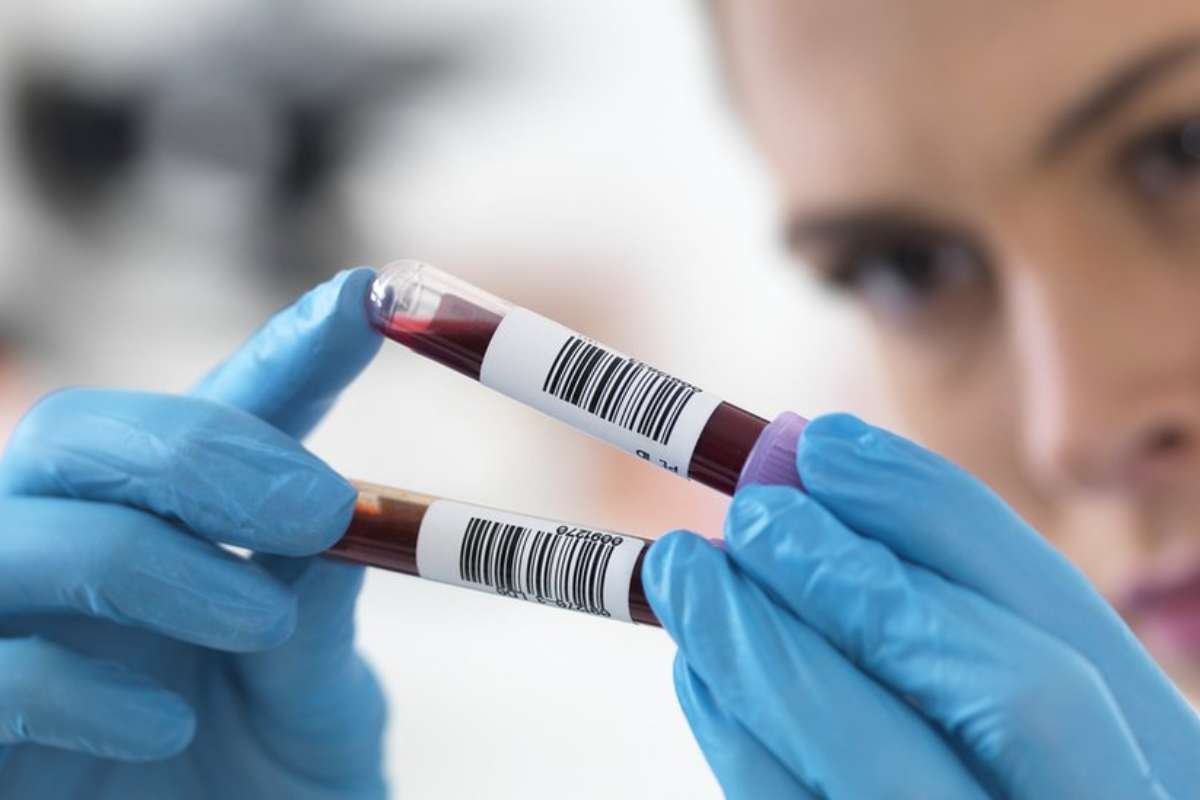Source – risk.net
In the rapidly evolving field of biotechnology, data has emerged as a cornerstone for innovation and discovery. With advancements in sequencing technologies, high-throughput experimentation, and computational analysis, vast amounts of biological data are generated daily. Bioinformatics, the interdisciplinary field that combines biology, computer science, and statistics, plays a pivotal role in harnessing this wealth of information to drive scientific breakthroughs and improve human health. This article explores the transformative impact of bioinformatics in biotechnology, from genomic analysis to drug discovery and personalized medicine.
Genomic Sequencing and Analysis
Genomic sequencing has revolutionized our understanding of biology by providing insights into the genetic blueprint of organisms. Next-generation sequencing (NGS) technologies, such as Illumina and Oxford Nanopore, enable the rapid and cost-effective generation of vast amounts of DNA and RNA sequence data. Bioinformatics tools and algorithms are essential for processing, analyzing, and interpreting these sequencing data. For example, genome assembly algorithms reconstruct fragmented DNA sequences into complete genomes, facilitating the study of genetic variation, gene expression, and evolutionary relationships. Additionally, bioinformatics pipelines for variant calling and annotation identify genetic mutations associated with diseases and inform personalized treatment strategies.
Importance of Genome Assembly:
- Algorithms reconstruct fragmented DNA sequences into complete genomes.
- Essential for studying genetic variation, gene expression, and evolutionary relationships.
- Example: Deciphering genomes of various species.
Role in Personalized Medicine:
- Bioinformatics tools identify genetic mutations associated with diseases.
- Variant calling and annotation pipelines pinpoint disease-linked variants.
- Example: Cancer Genome Atlas (TCGA) project identifies cancer driver mutations.
Impact on Precision Agriculture:
- Genome sequencing improves crop traits like drought tolerance and pest resistance.
- Enhances crop yields and disease resistance.
- Example: Development of genetically modified crops with improved agronomic traits.
Conclusion:
- Genomic sequencing drives transformative discoveries in biology, medicine, and agriculture.
- Bioinformatics tools and NGS technologies continue to advance scientific innovation.
- Genomic sequencing remains at the forefront of scientific research, guiding personalized and precision approaches in various fields.
Structural Biology and Drug Discovery
Bioinformatics plays a crucial role in structural biology and drug discovery by predicting and analyzing the three-dimensional structures of biological macromolecules, such as proteins and nucleic acids. Computational methods, including homology modeling, molecular docking, and molecular dynamics simulations, facilitate the exploration of protein-ligand interactions and the design of novel therapeutics. For instance, virtual screening algorithms analyze large compound libraries to identify potential drug candidates with the desired pharmacological properties. Furthermore, bioinformatics tools for protein structure prediction and refinement accelerate the discovery of allosteric modulators and protein-protein interaction inhibitors for challenging drug targets.

Source- Houston Methodist
Systems Biology and Network Analysis
Systems biology integrates experimental and computational approaches to study complex biological systems at the molecular, cellular, and organismal levels. Bioinformatics tools for network analysis, pathway enrichment, and interactome mapping enable the elucidation of biological networks and regulatory mechanisms underlying cellular processes and disease phenotypes. For example, network-based approaches identify key genes and signaling pathways dysregulated in cancer, facilitating the discovery of novel therapeutic targets and biomarkers. Moreover, systems pharmacology combines computational modeling and experimental validation to predict drug responses and optimize drug combinations for personalized treatment strategies.
Personalized Medicine and Precision Healthcare
Personalized medicine aims to tailor medical treatments and interventions to individual patients based on their genetic makeup, lifestyle factors, and environmental exposures. Bioinformatics plays a central role in personalized medicine by analyzing and interpreting multiomic data, including genomics, transcriptomics, proteomics, and metabolomics. For instance, pharmacogenomics utilizes genomic information to predict drug responses and adverse reactions, guiding drug selection and dosing in clinical practice.
Furthermore, bioinformatics pipelines for integrative omics analysis identify molecular signatures and disease subtypes for patient stratification and prognosis prediction. As a result, personalized medicine holds the promise of delivering more effective and targeted therapies while minimizing adverse effects and healthcare costs.
Case Studies in Personalized Medicine and Precision Healthcare

Source- AZoLifeSciences
1. Pharmacogenomics in Oncology:
Case Study: A patient diagnosed with breast cancer undergoes genomic testing to identify genetic mutations associated with drug response. Pharmacogenomic analysis reveals that the patient carries a variant associated with resistance to a commonly used chemotherapy drug. Based on this information, the oncologist selects an alternative chemotherapy regimen that is more likely to be effective for the patient’s specific genetic profile.
Outcome: The patient’s tumor responds favorably to the tailored chemotherapy regimen, leading to tumor regression and improved survival outcomes. By avoiding ineffective treatments, the patient experiences fewer adverse effects and achieves better quality of life during cancer treatment.
2. Personalized Treatment for Cardiovascular Disease:
Case Study: A patient with hypertension and a history of adverse drug reactions undergoes pharmacogenomic testing to guide medication selection. Genetic analysis reveals variations in genes encoding drug-metabolizing enzymes and drug targets, influencing the patient’s response to antihypertensive medications. Based on these findings, the healthcare provider prescribes a personalized medication regimen tailored to the patient’s genetic profile.
Outcome: With personalized medication selection, the patient achieves better blood pressure control and experiences fewer adverse effects compared to previous treatments. By optimizing drug therapy based on individual genetic factors, the patient reduces the risk of cardiovascular events and improves overall cardiovascular health.
3. Precision Diabetes Management:
Case Study: A patient diagnosed with type 2 diabetes undergoes comprehensive multiomic profiling to characterize their metabolic profile and identify personalized treatment strategies. Integrative omics analysis combines genomic, transcriptomic, and metabolomic data to elucidate the molecular mechanisms underlying the patient’s diabetes phenotype. Based on these insights, the healthcare team develops a precision medicine plan that includes lifestyle interventions, targeted drug therapies, and dietary modifications tailored to the patient’s metabolic needs.
Outcome: Through personalized diabetes management, the patient achieves better glycemic control, reduced insulin resistance, and improved metabolic health outcomes. By addressing the underlying molecular drivers of diabetes, the precision medicine approach empowers the patient to make informed lifestyle choices and optimize their treatment regimen for long-term health benefits.
Conclusion
In conclusion, bioinformatics has emerged as a cornerstone of modern biotechnology, unlocking the power of big data to drive scientific discovery and innovation. From genomic sequencing and structural biology to systems biology and personalized medicine, bioinformatics tools and techniques are transforming our understanding of biology and revolutionizing healthcare. As technology continues to advance and data generation accelerates, bioinformatics will play an increasingly critical role in tackling complex biological challenges and improving human health in the 21st century.









